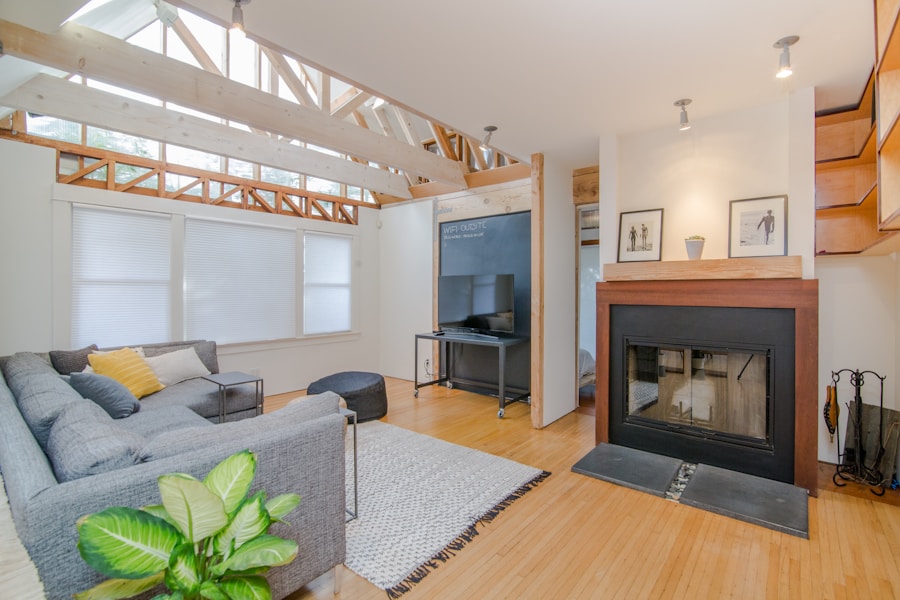The Advantages of Choosing a Care Home with Specialised Dementia Care
Dementia is a complex and challenging condition that affects millions of people worldwide. It is a progressive neurological disorder that can cause a range of symptoms, including memory loss, confusion, and changes in behaviour. For individuals living with dementia, it is essential to understand their unique needs and provide them with the appropriate care and […]
The Advantages of Choosing a Care Home with Specialised Dementia Care Read More »









